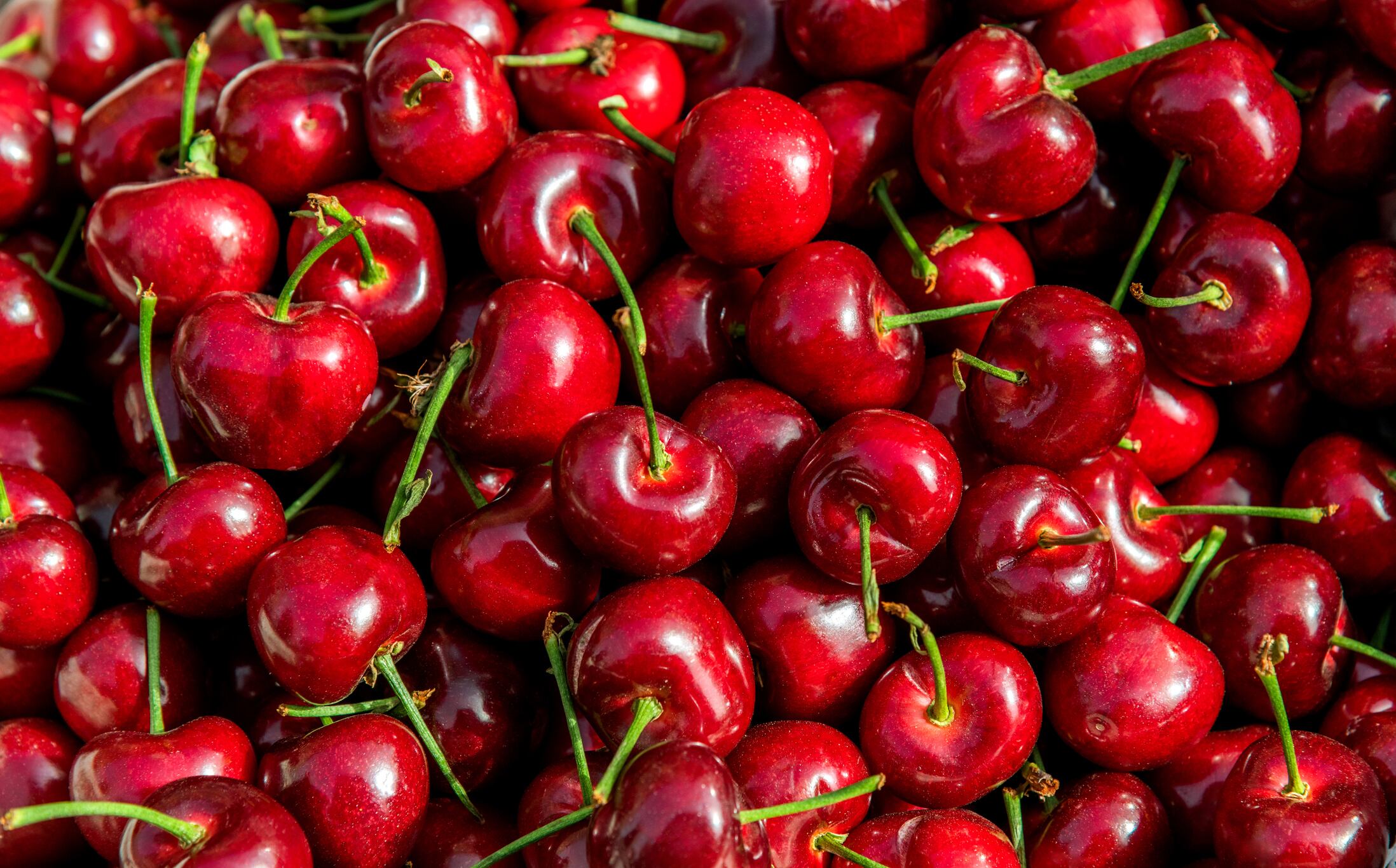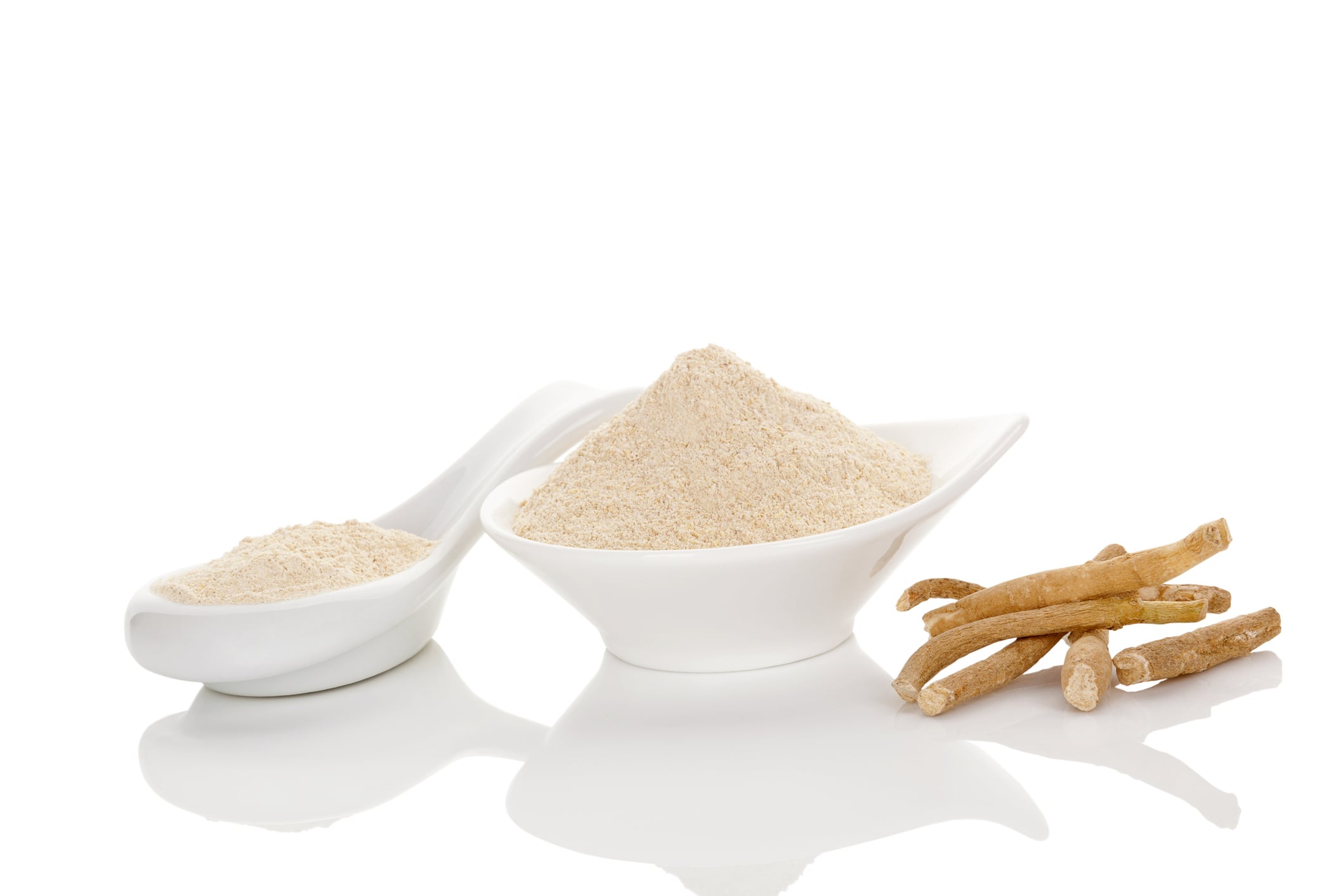Urate levels also decreased after tart cherry supplementation at a daily dose of 500 mg, according to findings published in the Journal of Dietary Supplements. Elevated urate levels, or hyperuricemia, are often asymptomatic but may contribute to the development of a range of conditions, including hypertension, obesity and chronic kidney disease.
“These findings suggest that daily supplementation with a standardized tart cherry extract may represent a viable, non-pharmacological strategy for attenuating subclinical inflammation and supporting healthy urate metabolism,” wrote the authors, led by Dr. Ralf Jäger from Milwaukee-based Increnovo.
“Given the emerging role of low-grade inflammation and hyperuricemia in the pathogenesis of cardiometabolic disorders, this intervention may have broad relevance for preventive health, though additional research is warranted.”
Study details
The new study employed a double-blind, placebo-controlled, crossover design and recruited 10 healthy people with an average age of 34.9. The participants were randomly assigned to receive either NordicCherry (500 mg per day) or placebo for 28 days. This was then followed by a 14-day washout before crossing over to the other group.
While acute supplementation was not associated with any changes in CRP or urate levels, chronic supplementation significantly reduced CRP by 23%, while urate concentrations decreased by 37.4%, compared to placebo.
“These outcomes support prior evidence indicating the anti-inflammatory and urate-lowering potential of polyphenol-rich functional foods, particularly those standardized for anthocyanin content,” wrote Dr. Jäger and his co-authors.
“The use of a double-blind, placebo-controlled, crossover design enhances the internal validity of these results, while the standardized, freeze-dried whole-fruit extract provides a reproducible and shelf-stable alternative to juice-based interventions previously examined in the literature.”
Tart cherry and sport
Tart cherries (Prunus cerasus L.) have been garnering increased attention among athletes, supported by a growing body of science. A 2020 meta-analysis by scientists from the University of Saskatchewan reported that ingestion of concentrates of tart cherry for seven days to 1.5 hours prior to exercise led to a “significant improvement in endurance performance”.
That analysis was reportedly the first to evaluate tart cherry concentrate’s effect on endurance performance, but a 2017 literature review in Current Sports Medicine Reports (Vitale et al., Vol. 16, pp. 230-239) concluded that, “for an athlete who has already peaked in training and looking to improve recovery and faster return to competition, TC may be beneficial.”
In an additional commentary in the same journal, Shawn Hueglin, senior dietitian for the United States Olympic Committee, stated that he has provided tart cherry concentrates to Olympic level athletes.
“There seems to be a strong benefit on muscle soreness and sleep for athletes,” he wrote. “Furthermore, the antioxidants and carbohydrate content may be additionally beneficial for certain athletes. The concentrate is a useful and convenient formulation in preparation for and during international competitions as it is easily transported in luggage and can be provided on the road to a team in any environment.”
Source: Journal of Dietary Supplements, doi: 10.1080/19390211.2025.2589787. “Effects of Tart Cherry Extract Supplementation on Plasma Urate and C-Reactive Protein Levels in Healthy Adults: a Randomized Controlled Trial”. Authors: R. Jäger, et al.




